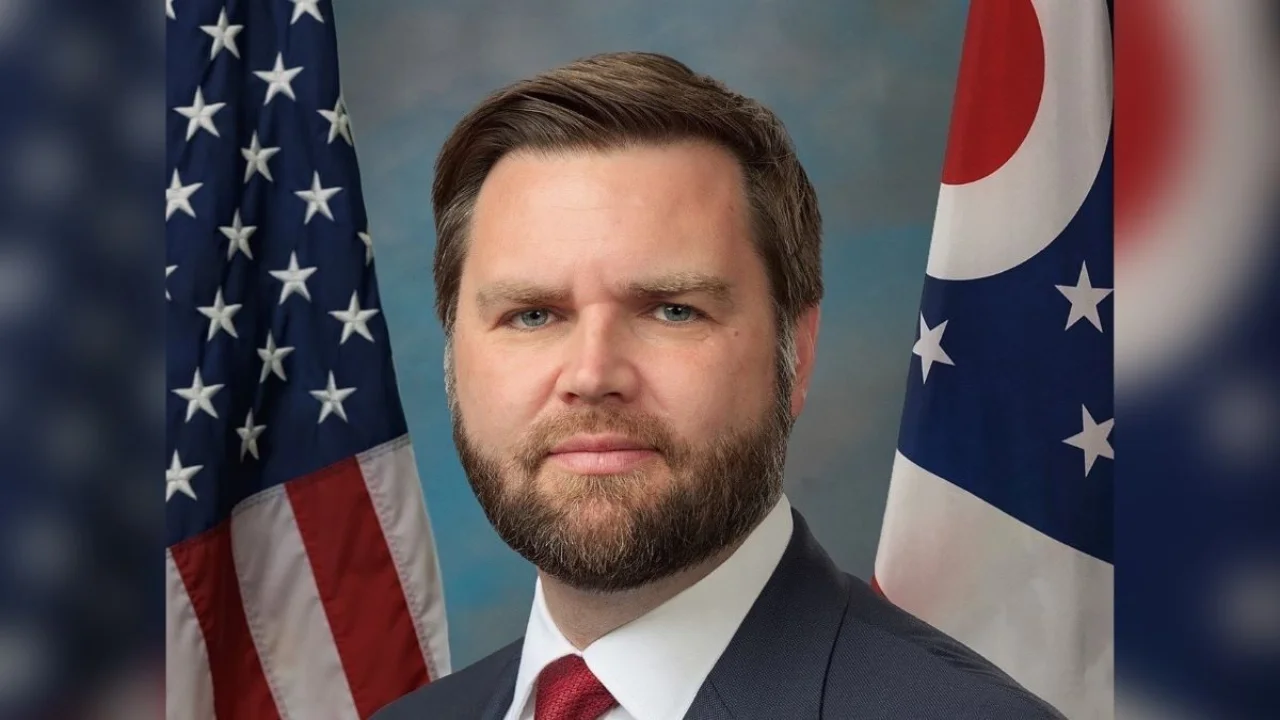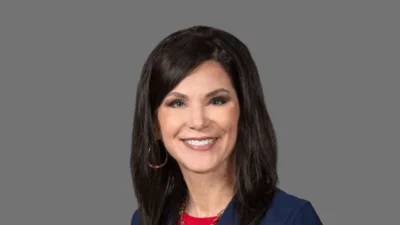Senator J.D. Vance | Official U.S. Senate headshot
Senator J.D. Vance | Official U.S. Senate headshot
Senator JD Vance of Ohio engaged in a discussion with SEC Commissioner Mark Uyeda during a Senate Banking Committee hearing. The conversation centered on concerns that major asset management firms, namely Vanguard, BlackRock, and State Street, might be breaching U.S. securities law by circumventing filing requirements to conceal political agendas.
These asset managers collectively manage around $20 trillion in assets, representing over one-third of all mutual fund assets. They also account for more than 25% of votes at shareholder meetings of S&P 500 companies.
During the hearing, Senator Vance stated: "I think a lot of Americans, of course, own shares in index funds. They don’t necessarily realize that when they hand their money over to an index fund, they’re handing their money over to a very active political participant in our economy … Am I right that they use their power as massive institutional investors to effectively direct stewardship activities? And this is the way in which they sort of use and infect their own politics into the management of some of these companies?"
Commissioner Uyeda responded affirmatively: "Yes Senator, that’s correct. A lot of the advisors put out their stewardship policies and promote that."
Vance further questioned: "Here’s what I find a little bit weird. There are 13D and 13G disclosures. These index funds, which of these do they file, and why do they file those?"
Uyeda explained: "My observation is most file on schedule 13G for a passive investor."
Vance pointed out potential issues with this practice: "13G allows them to avoid disclosure of a lot of their activities, right? So there are a lot of things that you don’t have to put in a 13G that you would have to put in a 13D, is that right?"
Uyeda confirmed: “That’s correct.”
The discussion continued with Vance asking if sometimes the activities should require more detailed disclosures under 13D instead: “And do we think that sometimes their activities rise to the level of actually statutorily requiring them to do a 13D disclosure?”
Uyeda expressed concern about this possibility: “That would be a concern … That raises questions whether you ought to be filing on 13D rather than 13G.”
Vance concluded by expressing his worry about transparency for American consumers and lawmakers regarding how such vast amounts are managed: “If they should be filing much more substantive disclosures that actually give the American people insight into how $20 trillion of their money is being spent, and yet they’re filing a 13G disclosure, that probably means there’s something going on. I don’t want to put my tinfoil hat on here too much … but I really worry that there’s a massive part of the American economy that lays hidden from the American consumers and from the lawmakers who represent them. That may be something we should look at.”





 Alerts Sign-up
Alerts Sign-up